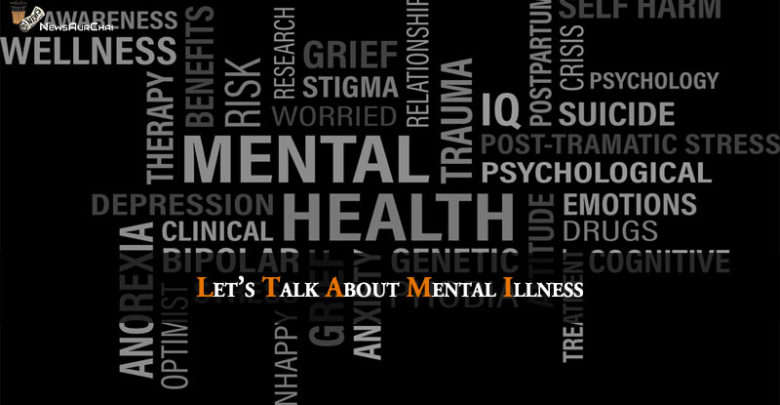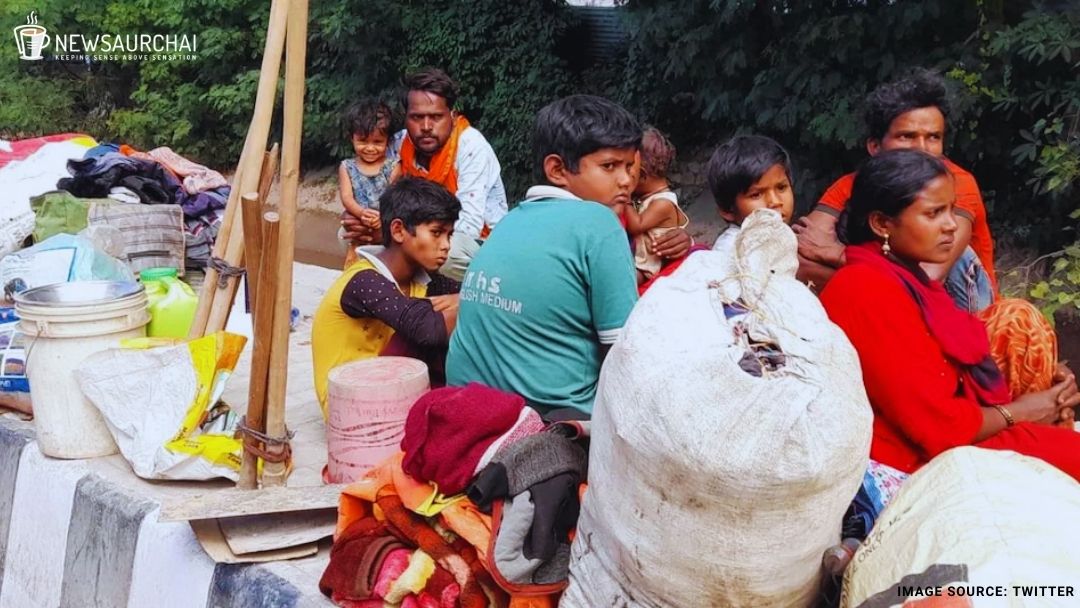
Depression by the year 2030 will be the second-highest disease burden of all the diseases in the world. Closer to us, back home in India, the numbers are expected to increase manifold. Yet, mental illnesses are still treated as a stigma. We do not recognise the gravitas of the situation.
When someone is feeling down, most people react to the person cynically. They are either deemed uninspired or lazy. While, for some, it maybe a brief period of a trough, for most, it is an endless and hopeless cycle that feels more and more, bleak than the day before.
What is frustrating is that people don’t realise the gravitas of the situation at hand. More and more people are diagnosed with clinical depression, yet the conversation around it becomes lesser and lesser. There have been instances where the person’s plight wasn’t even known to the closest friends and families until it was too late. It is tragic to know about reality through the most devastating way possible — suicide letters. If only, they had been understood and got the necessary help.

It is too easy to point fingers and state that those suffering could share their plight. However, we need to ask ourselves– is there a place for them to open up? What is the intention with which they will be received? We need to create an environment that is conducive in nature. Not one to victimise and certainly not to judge.
Depression has many causes. Some are medical, due to family history, others due to the circumstances and surroundings. As we are regularly exposed to the virtual world, we are susceptible to ridicule and abuse under the pretence of having the right to express opinions. It is a vicious cycle of being exposed to more and more condemnation when we seek validation externally. Most people just need a shoulder to cry on. They don’t need to be victimised or pitied. All they look for is someone who can listen to them while they process what they are going through.
Mental ailments are not a stigma. They are not an occurrence due to curses or any superstitions. It is essential to look at people facing mental break down as a period of contemplation and introspection. Those going through it should be supported with consideration and thoughtfulness. Be open to having conversations and discussions on what goes through their minds. Give them space to express themselves. Although it may seem far-fetched and daunting, assure them that by observing what they are going through and being aware of all the changes happening within. Assure them that they can get over the phase with resilience.

It is imperative to reach out to them and let them know that although all seems to be bleak right now, there is only one direction to move when you hit rock bottom. So the next time you see someone and sense that they are mentally down, #Dobarapoocho.





